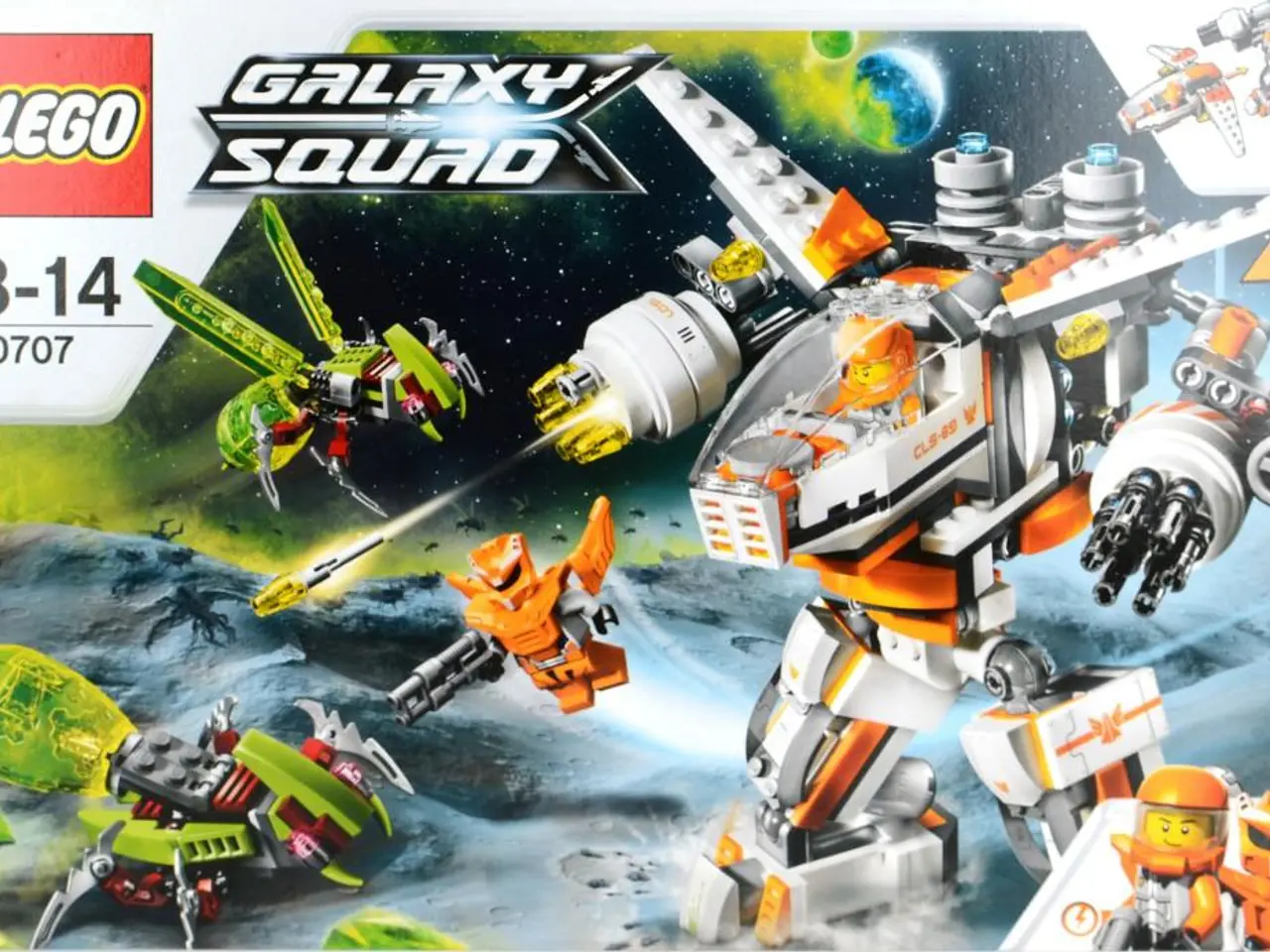AI Dominates Trade Fairs, but Results and Risks Remain Unclear
Artificial Intelligence (AI) is the talk of the town at major trade fairs like IFA and IAA Mobility. While investors are keen on AI stocks, quantifying their impact on IT companies' sales remains challenging. Meanwhile, OpenAI's GPT-5 has left observers underwhelmed, raising doubts about AI's potential.
AI chatbots are gaining traction due to their accessibility and perceived impartiality. However, a study by Brigham Young University revealed an unexpected trend: 19 percent of Americans have experimented with AI chatbots as romantic partners.
OpenAI founder Sam Altman has warned about an AI bubble, suggesting significant losses are on the horizon. Despite this, a company, 'Safe Superintelligence', has secured over $1 billion in funding to develop a 'Superintelligence', though concrete results are yet to be seen.
Generative AI is enabling machines to create independent content, like the 'Large Language Model' (LLM). For software manufacturers, AI serves as a 'strategic lever', facilitating new pricing strategies and product sales.
AI's dominance at trade fairs and its role in marketing strategies indicate its growing influence. However, the lack of concrete results from significant investments and the emergence of an AI bubble caution against overoptimism. As AI continues to evolve, its impact on society and the economy remains a topic of intense debate.
Read also:
- AI-Powered X-Nave Platform and Fresh Gaming Content to be Demonstrated by EGT Digital at SBC Summit Lisbon Event
- British technology company Nvidia invests a vast sum of £11 billion in AI technology within the U.K., announcing this during a visit by U.S. President Trump.
- Rapid advancement of AI technology poses potential threat to job stability, according to AI CEO's remarks.
- Spheron and Nubila Team Up to Use Web3 Technology for AI that Combats Climate Change








